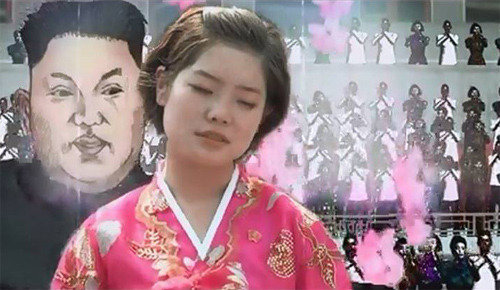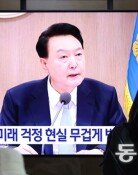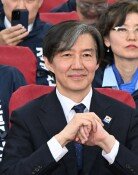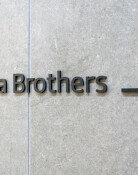‘The Wall’ wins the award for best human rights feature
‘The Wall’ wins the award for best human rights feature
Posted July. 14, 2016 07:22,
Updated July. 14, 2016 07:52

According to Irish public broadcaster RTE and Voice of America, the movie blows whistle against problems with politics that suppresses individuals’ rights, by comparatively presenting the life of a female poet who defects from North Korea with the life of a boy living in Belfast, Northern Island when it was in intense sectarian conflict.
The movie’s production process is similar to that of the documentary movie Under the Sun" by director Vitaly Mansky, which was released in Korea this year. While filming daily living of an 8-year-old girl after winning approval from the North Korean authority, Mansky discovered that all of the daily routines were fabricated, and decided to reveal the situation behind it.
Director Kinsella also agreed to create a documentary film on a female North Korean poet after winning approval from the Pyongyang authority. However, soon after his arrival in North Korea in 2014, he discovered that the poet, family and her neighbors were all actors and actresses who were mobilized by the authority, and changed the theme and filming technique. He did filming by leaving empty spaces on the scenes based on a plan to add computer graphics during post-production process. For example, he would let the main female character to sing songs at an empty concert hall that can accommodate 100,000 people, and added audience members by using computer graphic. He also drew lines designed for manipulating puppets on the bodies of North Koreans who appear in the film. The technique was used to describe the situation in which the North Korean authority even controls thoughts and acts of the North Korean people. Since more than 20,000 lines had to be drawn, post production process alone took two years to complete.
Director Kinsella comparatively showcased this with his own life during childhood when bloody conflict occurred due to conflict between the Protestant and the Catholic churches. Upon hearing in North Korea that “All foreigners are spies and weak,” he came to recall his childhood era in Northern Island, where adults would label who are good and who are bad guys, and decided to create a “movie on freedom that enables everyone to independently determine what is right or wrong, rather following what someone else instructs.”
권재현기자 confetti@donga.com
Headline News
- Israel prepares for retaliation against Iran
- Samsung reclaims top spot, surpassing Apple in smartphone market
- 77% of Koreans in 20s and 30s are 'Kangaroo Tribe' due to job crisis
- KBO referees embroiled in controversy over ABS decision concealment
- Inflation, oil price surge put double shock on global economy







